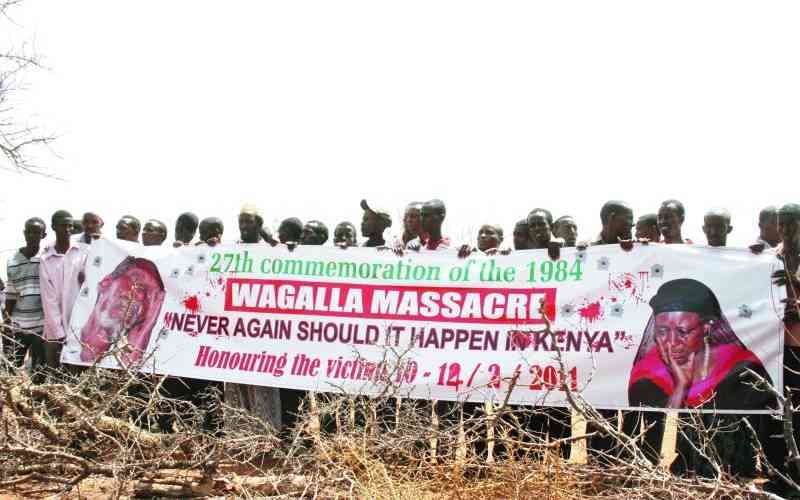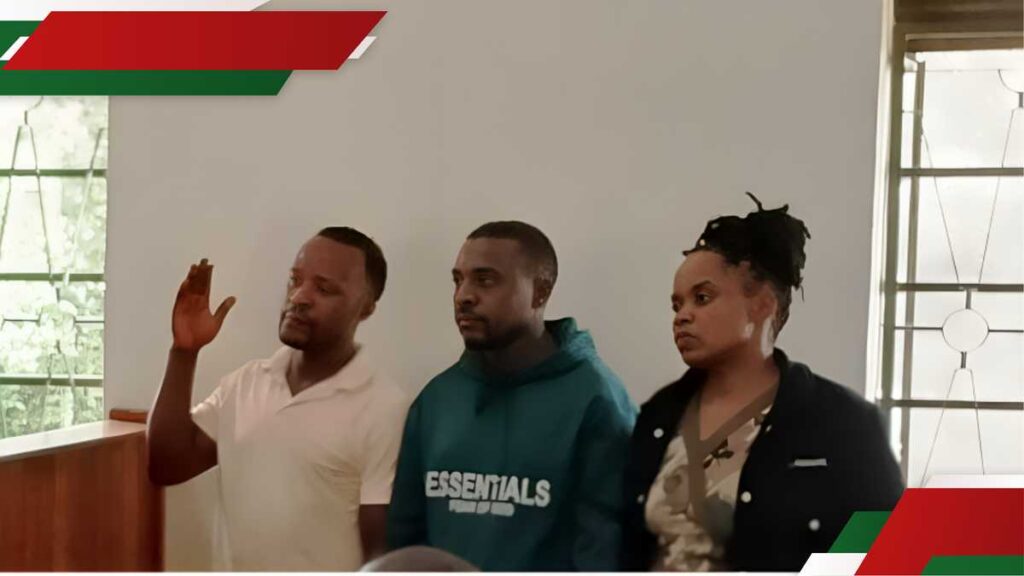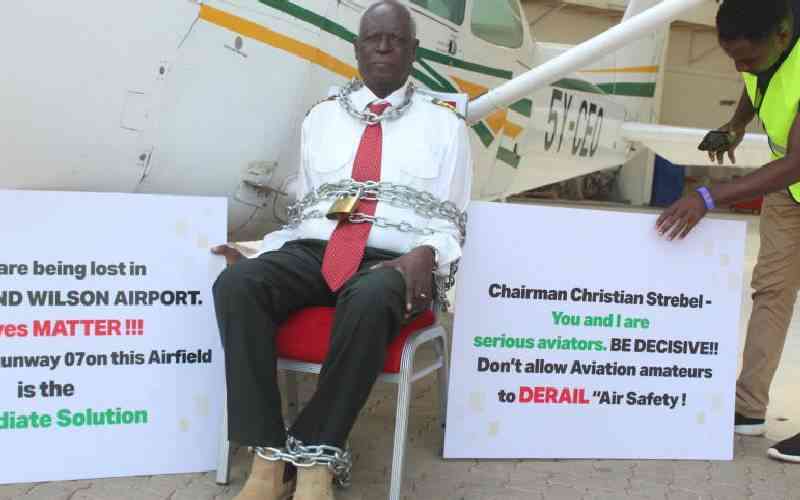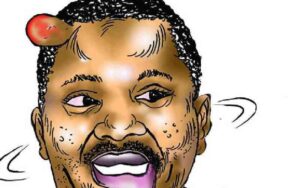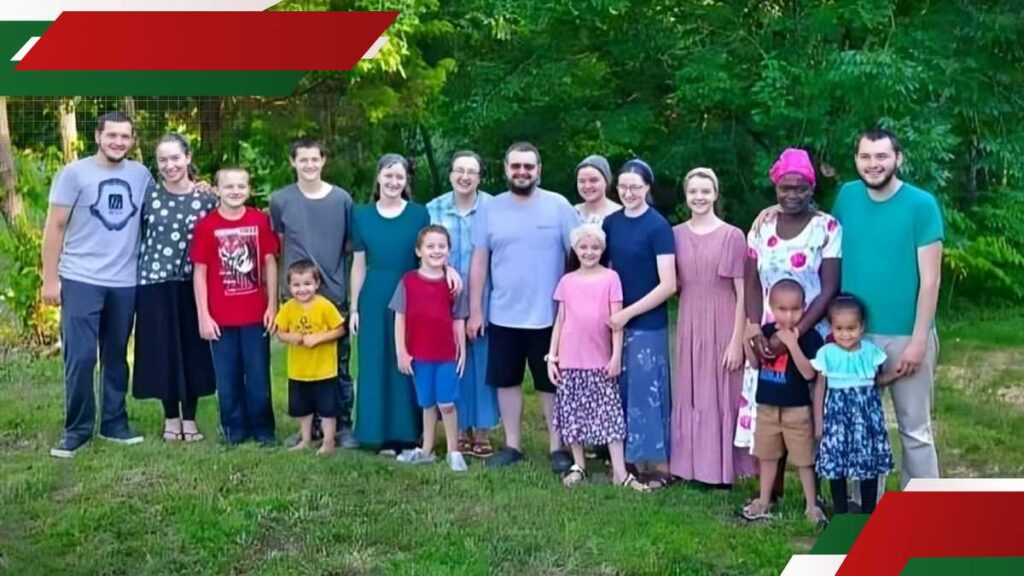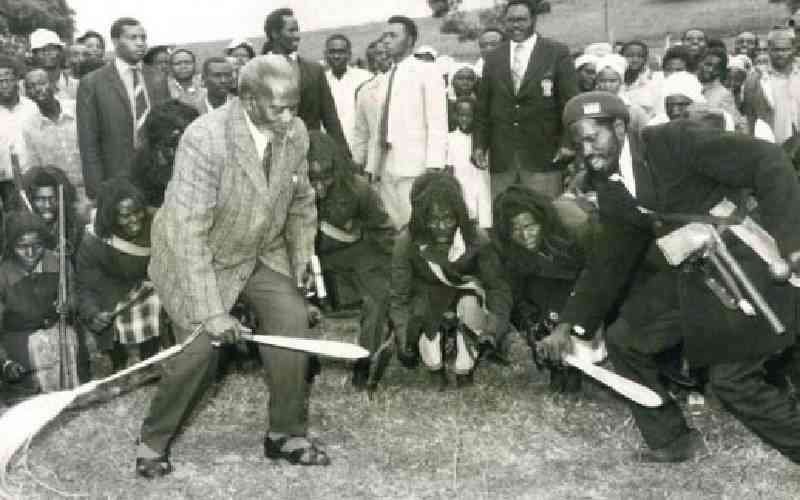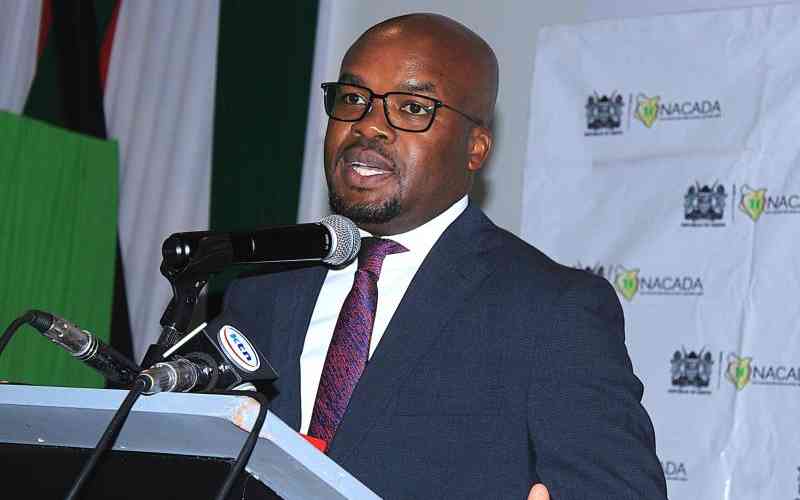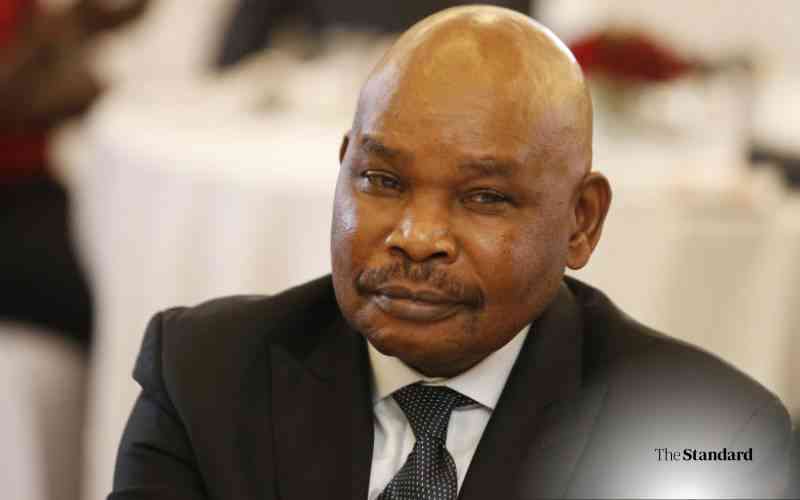The man who sanctioned the infamous Wagalla massacre of Wajir where hundreds of Degodia clan members died and later described it a success, died earlier this week aged 91.
Benson Kaaria, a Provincial Commissioner in North Eastern defended the operation to his old age, including justifying the “effectiveness” of the colonial method of communal punishment, expressing little remorse for his actions.
Before Wagalla, he had sanctioned another dishonorable operation in Garissa where locals were rounded up at a local primary school, and their manyattas burned down.
But it was the Wagalla massacre of February 1984 which sealed his fate in provincial administration, and earned him a place in ignominy. His last public appearance before the Truth, Justice and Reconciliation Commission (TJRC) on June 14, 2011 over the matter, left every mouth in the room agape:
“I cannot apologise,” Kaaria said, adding: “Even if I do, I cannot revive them.”
He described the operation a success, instead only offering sympathies to the victims:
“We were satisfied with the operation. After what they did, it was a success. Other than the incident of people dying it was a success,” he said.
Kaaria had landed in Garissa in April 1980 as a brand new PC, from Machakos where he had been a DC. Among his early pronouncements was a decree that the Somalis who were tired of Kenya could leave and join their brethren in Somalia.
For the next four years, the subjects in his jurisdiction would feel the full wrath of the government. The events of Wagalla were triggered by a government order on local warring clans, the Degodia and the Ajuran, to surrender their guns.
Kaaria claimed before the TJRC that while Ajurans surrendered their guns, Degodia remained adamant and continued to attack the defenseless Ajurans. To punish them, all Degodia men, including civil servants were rounded up and transported by military trucks to Wagalla airstrip where they were held, and starved for days.
When they attempted to break out, security men opened fire and killed many of them. Later they gathered the dead and the injured, and dumped them in the outskirts of Wajir. The number of those killed has never been ascertained.
To his credit, and over a dinner at his house, Kaaria had asked the Provincial Security Committee to scale down the operation by sparing women, children and the animals. The initial plan was to target all degodia people, and their livestock.
“All Degodia plus stock in Griftu Divisions plus adjacent divisions will be rounded up and will be treated mercilessly. Everybody plus stock will be confined in the area. No mercy will be exercised,” the original operation signal said before Kaaria revised it.
When the operation started, Kaaria claimed to have been side-blinded by the District Security Committee (DSC), which was undertaking the operation. He claimed that it was not until after the second day of silence from Wajir that he dispatched the Army Commander and the Provincial Criminal Investigations Officer (PCIO) to find out what was happening.
Stay informed. Subscribe to our newsletter
What they found so much shook them, that the matter was immediately escalated to the Office of the President in Nairobi, and the following day the Chief of General Staff then, General Jackson Mulinge landed in Wajir.
When they visited the Airstrip on the fourth day, they stumbled on a massacre site which had been cleaned up. Asked at the hearings what they found at the airstrip, Kaaria said they found only the airstrip.
“We found the side of the fence which was broken and we could see traces of footprints in the runway. Inside the airstrip there were traces of maize and beans scattered,” he said.
When asked whether they went to hospital to check if some people were there, Kaaria said there was no point: “We did not go to the hospital because the DSC had told us that they had dumped the bodies.”
“Did you ask to go to see where the bodies had been taken?” TJRC CEO, now Judge of the High Court, Justice Patricia Nyaundi, asked:
“I do not think we asked,” Kaaria responded, adding: “The whole thing was horrible and it was very bad. We do not want to remember it. It was very bad.”
He would later contradict himself by telling Commissioner Gertrude Chawatama that he actually visited the airstrip on the second day, and found people looking “miserable and terrified.”
He admitted that most people were shot in the back “most likely because they were running away.”
After the massacre, Kaaria was demoted and made the Chair of the Kenya Post Office Savings Bank. At the hearings, he completely refused to acknowledge that this was a demotion.
“You can call it so,” he repeatedly told TJRC Commissioner Prof Tom Ojienda, now a Senator, when he nudged him.
“In fact, Mr. Kaaria, is it a little surprise that you faded away from public service?” Prof Ojienda countered him, to which he replied: “I did not fade because I did not die. I am still living. When you fade you disappear.”
Kaaria flatly refused to take responsibility for the events of Wagalla.
“I cannot. Everybody has to carry his own cross. The person on the ground was my DC with his team. They went wrong in the final analysis of the operation they carried out,” he said.
He said he only approved the operation to go on, since the DSC had already met and said it should go on. Prof. Ojienda wouldn’t understand how a responsible PC would not bother to account for the people who had been rounded up, and simply moved on.
“The DC told us that they had dumped the bodies. He did not show us where. We asked, but they did not show us. I could not have beaten them to show me where they had dumped those bodies,” he said.
He claimed that General Mulinge was present when he inquired about the 27 bodies of the persons they had been told were killed. Prof. Ojienda concluded that “there was no sense of authority.”
Commissioner Margaret Shava too, couldn’t countenance how a PC who cared for his people, left them for dead: “We have respect for the dead— But the word you used is ‘dumped’; their bodies were dumped. Did you do anything, even at the human level, to try and comfort your people or show them that you were on the case?”
Still, Kaaria wouldn’t budge. He said he couldn’t have done anything because the people were very bitter and very hostile. The Commission couldn’t reconcile these statements with the fact that after the massacre, Kaaria recommended “stronger and sterner” action against the grieving Degodia.
“Nothing happened. That was just a stern warning against them; that they should not repeat killing the Ajuran. Nothing happened,” he explained himself.
Asked him what he could do differently if he were to go back on time, Kaaria was adamant that he wouldn’t want to rewind the clock and go back. Instead, he waxed lyrical about his achievements for the four years as a PC North Eastern.
“I recommended that the province should have a technical training college. I wrote a letter recommending 13 people to the Office of the President. I started the Garissa Agricultural Show. The technical training school was my initiative,” he told the country.
He told Commissioner Margaret Shava that the colonial tactic of rounding people in restrictive villages was effective: “It was a machinery that touched on the people and it worked.”
His family has described him as “a pillar of strength and wisdom who touched many lives with his kindness.” He will be buried on April 4 at his family home in Igoji, Meru.








